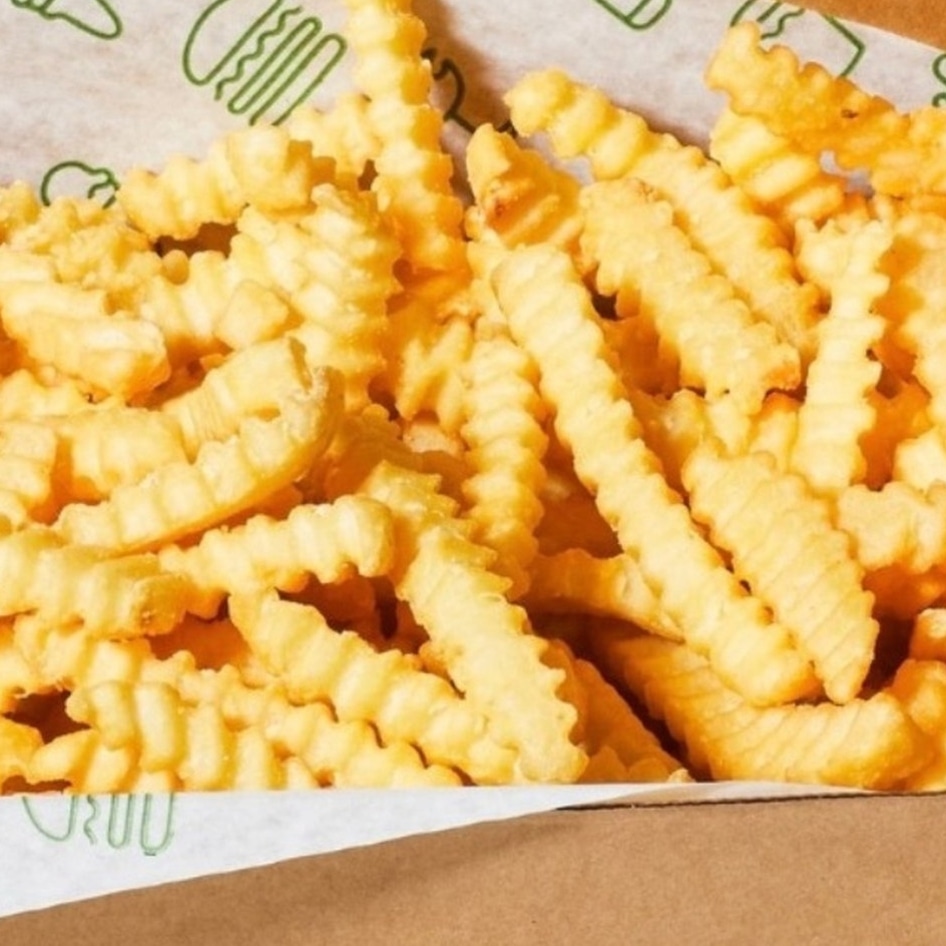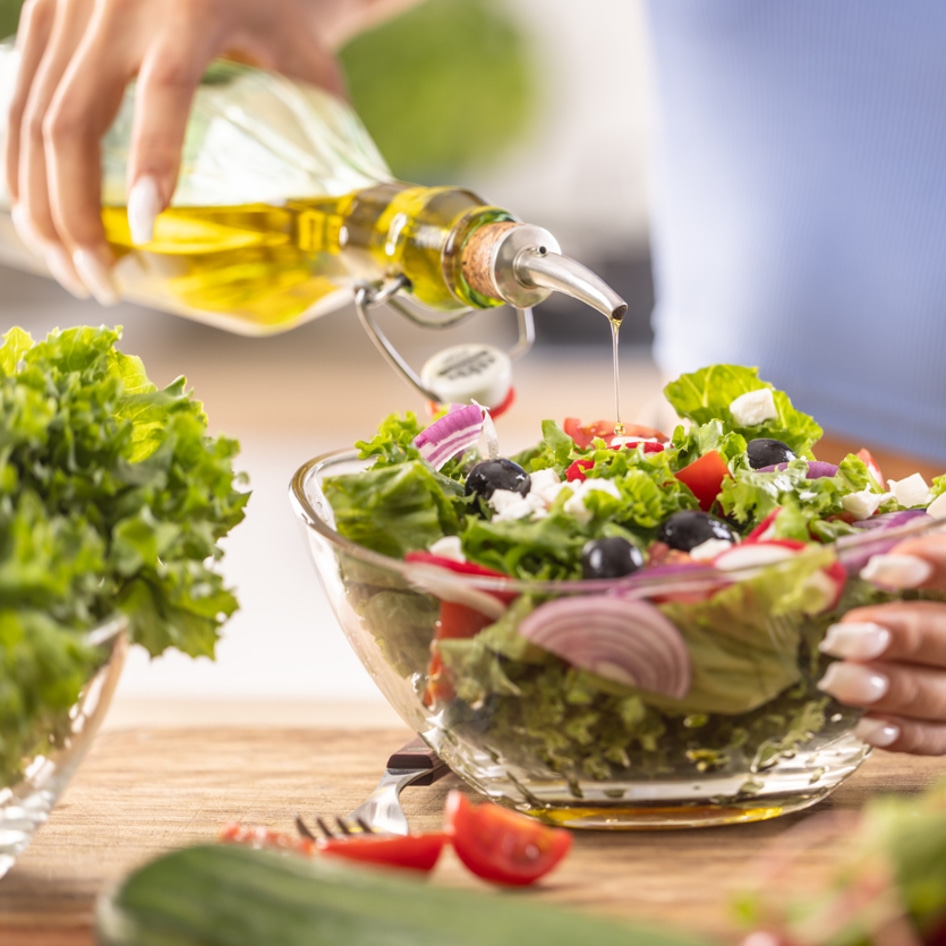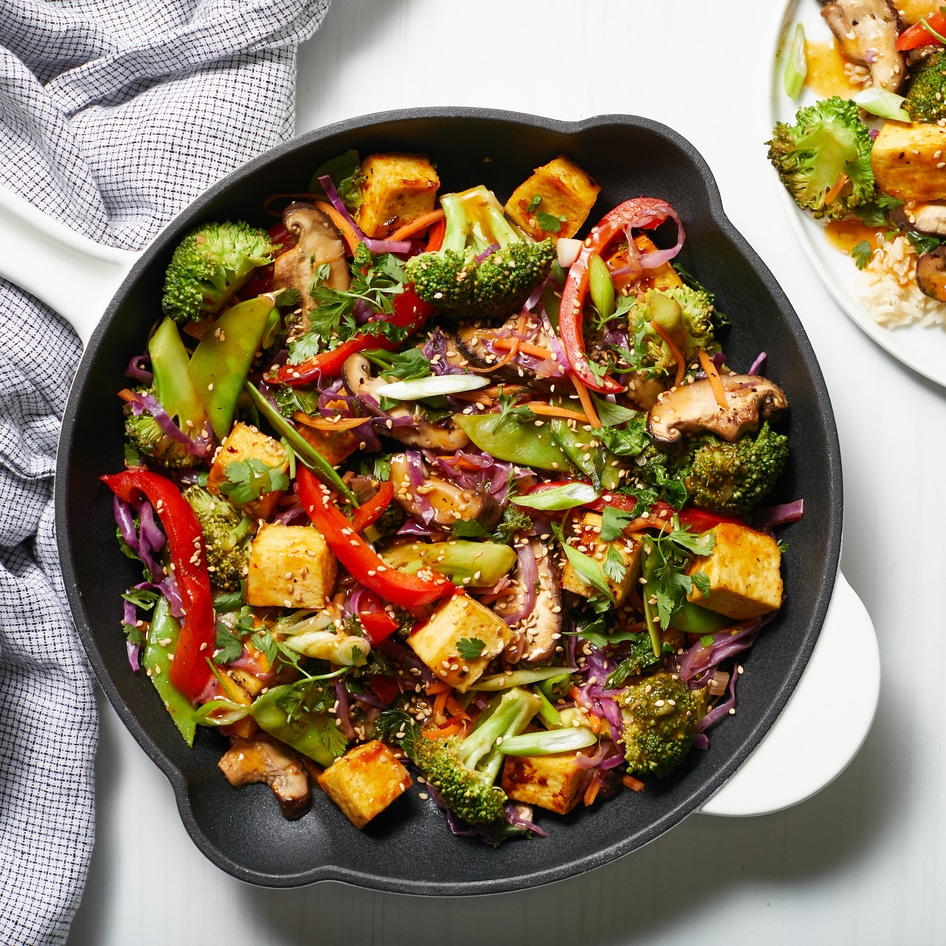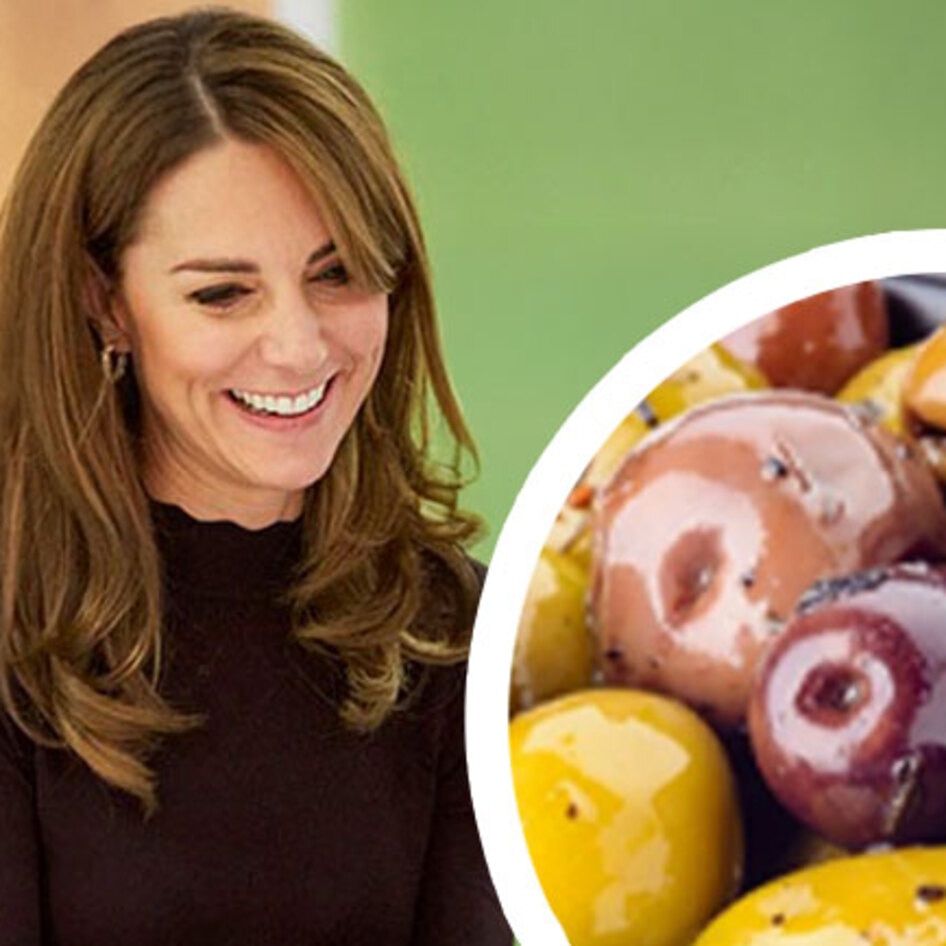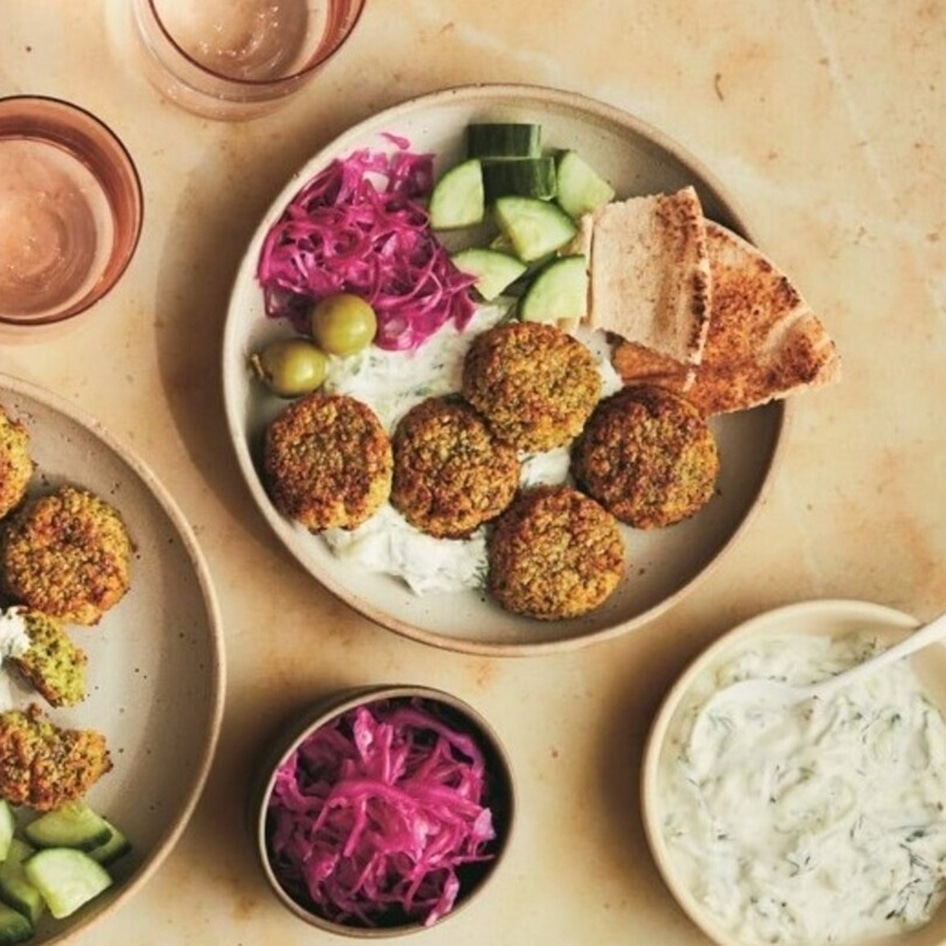The Ultimate Guide to Cooking Oil
Is it better to sauté with olive oil or peanut? And what about frying? VN has all the (oily) answers for you.
April 25, 2016
Without oil, there’d be so much missing in a vegan’s diet—the perfect vegetable sauté, marinated kale salad, fried mozzarella sticks… OK, so the last one isn’t a health monger’s number one choice, but it’s a delicious, occasional indulgence. Choices of oils are plentiful, so knowing which is healthiest, best for savory foods, or great in a vegan cupcake can be pretty tricky. Since not all oils are created equal, here’s a breakdown on how to best use each.
Olive Oil: The beloved Mediterranean liquid is one of the oldest culinary oils and is perfect for sautéing, as a bread dip (with some balsamic vinegar), or in salad dressing. Extra virgin olive oil, made from the first olive pressing, is the most pure and least acidic version, while other olive oils tend to be refined or a blend of pomace oil and virgin olive oil. Packed with monounsaturated fats shown to lower cholesterol, olive oil has a relatively lower burning temperature, so don’t use it to fry on high heat.
Canola Oil: Only consumed in its oil form, canola is a type of rapeseed, which is related to cabbage and Brussels sprouts. Canola is best used in baking or light cooking. It’s also good for cardiovascular health as it contains low amounts of saturated fats and has high omega-3 content.
Corn Oil: This is the most popular oil at fast food outlets for frying French fries, with nearly 70 percent of restaurant chains serving fries that contain corn oil. Though initially considered somewhat heart-healthy, researchers are now saying that corn oil’s comparatively high levels of harmful saturated fat makes it one of the least healthiest oil choices.
Peanut Oil: Peanut oil is one of the best oils for frying and sautéing, because it stands well up to high heat. Made from one of America’s favorite nuts, this oil is relatively hearth-healthy, with its high monounsaturated fat content.
Sesame Oil: Like peanut, sesame oil holds well up to heat and is great for stir-fries. Sesame seeds are also full of antioxidants. While refined oil is best for high-heat cooking, toasted sesame oil adds delicious flavor to Asian sauces and dips such as Sesame Dipping Sauce. Or pour it straight over edamame with soy sauce for a quick, nutritious snack.
Safflower and Sunflower Oil: The two flower oils are nutritionally similar, and both make for excellent baking fats as they are flavorless and colorless. They also stand up well to high heat, and are the most popular oils for making vegetable margarine. As for nutritional benefits, sunflower oil has high levels of vitamin E and some clinical studies have found safflower oil beneficial for coronary disease and cystic fibrosis.
Avocado Oil: This pick, pressed from avocadoes, is nutty and smooth. It’s also one of the healthiest oils, as monosaturated fat makes up more than half of the content. It’s not great for frying, so mix in a salad dressing to make the most of the avocado flavor.
Coconut Oil: The New York Times once dubbed coconut oil, which actually has more of a buttery consistency, the next biggest cooking ingredient, and boy were they right. Solid at room temperature and great as a butter replacement, coconut oil adds amazing flavor to baked goods—especially in Vegan Coconut Cupcakes. Drizzle it melted over popcorn for a delicious treat.
JUMP TO ... Latest News | Recipes | Guides | Health | Subscribe


